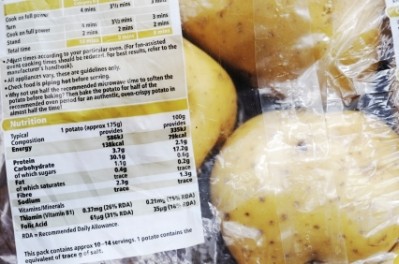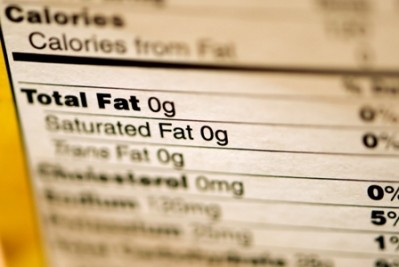Special edition: Free-from foods
Consumers equate ‘free-from’ with health: EUFIC

The European Food Information Council (EUFIC) is a non-profit Brussels-based organisation that aims to provide science-based food information to help consumers make educated purchasing decisions. It has been tracking consumer attitudes to free-from claims on product labels since 2009 – whether that refers to allergens, additives or genetically modified (GM) ingredients.
Hieke, consumer insights manager at EUFIC, told delegates at the recent HIE conference in Frankfurt that free-from goes far beyond ingredients that consumers avoid for medical reasons, like allergens and gluten, with a majority of consumers saying that they prefer to avoid a range of ingredients – many of which have been assessed as safe in normal diets, including a number of artificial colours, flavours and preservatives.
A broadening definition for ‘free-from’
In 2009, EUFIC identified free-from as a rising trend and 57% of consumers said they wanted to avoid artificial ingredients. In 2010, 54% said they were interested in free-from foods, and by 2011, consumers were beginning to associate ‘free-from’ with concepts like ‘natural’ and ‘fresh’ as well as additive-free.
Hicke highlighted a study sponsored by ingredients firm Kampffmeyer released earlier this month, which found 77% of consumers said they wanted additive-free foods. However, there was still a lack of information on whether consumers’ views on free-from foods translated into purchases, she said.
“There is rising consumer demand for natural and cleanly labelled products,” said Hieke. “However, if we look at how consumers act, calories, fat and sugar are much more interesting to consumers…When you look at how people use on-pack labelling to make a food choice, consumers are still looking at the big three: Calories, fat and sugar.”
Gluten-free and quality
In addition, some consumers avoid gluten – the protein in wheat, rye, barley and spelt – even if they don’t suffer from coeliac disease, an autoimmune disorder with gastrointestinal symptoms triggered by gluten consumption.
Hieke said that a Polish survey had shown consumers there associated highly processed food, GM food, or food with additives with lower quality, while gluten-free foods were associated with higher quality.
“Consumers generally have a positive attitude to natural, free-from and ‘no added’ but we haven’t yet managed to observe direct effects on purchasing,” she said.

























